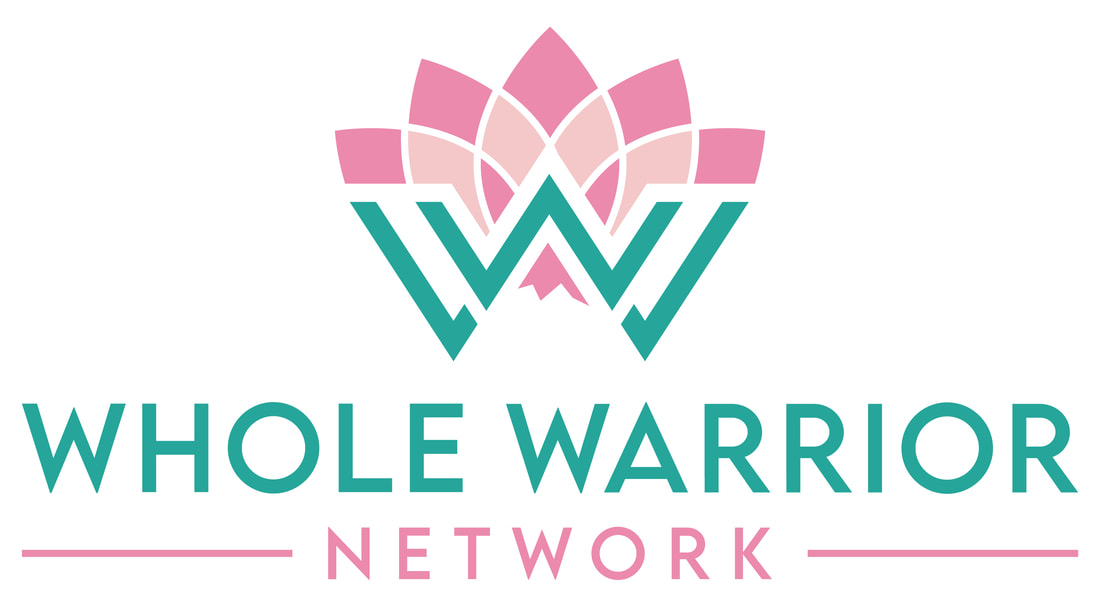|
The Gut-Brain Connection refers to the connection between our gut and mental health. Recent studies have shown that our gut plays a crucial role not only in our physical health but also in our mental wellbeing. Different mental health issues like anxiety, depression, anorexia nervosa, obsessive-compulsive disorder, and more have been linked to an unhealthy gut microbiome.
Having been a vegetarian most of my life, together with an interest in the social determinants of health, I have had the benefit of attending hundreds of lectures, workshops and courses on healthy living including gut health. For me there is an opportunity to make good choices daily as part of my lifestyle. With a lot of head knowledge, the challenge is to incorporate healthy habits consistently into my lifestyle including leafy greens, fermented foods and ensuring I eat the colours of the rainbow. I certainly notice when I do make good choices like these I have more mental clarity and my mood and productivity increases. This happens for me more regularly when I plan ahead and have healthy food available in the fridge and cupboard. Research shows one of the primary ways to improve gut health is by incorporating probiotics or prebiotics which help to promote the growth of gut-friendly bacteria. However, good gut health involves more than this. Other factors like following a healthy diet, consuming antioxidants, reducing processed foods, fasting, and adopting a gut-friendly lifestyle are all important for a healthy gut. In psychosocial recovery coaching, I believe that it's important to consider the role of the gut in mental health and work ethically with clients who may be struggling with gut issues that are affecting their mental wellbeing. By educating my clients with information on the importance of a healthy gut microbiome and promoting gut-friendly practices into their daily lives, I empower them not just in their physical health but also in their mental wellness. At Whole Warrior Solutions, we are committed to a holistic approach to mental health that includes gut health. Learn more about Psychosocial Recovery Coaching, our 12 month Recovery Coaching Rejuvenation course, or make a referral here. Comment below your best tips for gut health and how it helps mental clarity. Love and light Tania
0 Comments
Self-care is an essential aspect of overall wellness, especially for those who participate in the National Disability Insurance Scheme (NDIS). It includes various activities and routines that aim to reduce physical and mental tension. According to the World Health Organisation, self-care is crucial enough to dedicate a whole month to it, culminating in International Self-Care Day on July 24th. Prioritising self-care means taking an active role in your own health, and the benefits extend beyond stress relief and mood improvement to disease prevention and longevity.
It is essential to note that some of the most effective ways to embody self-care are intentional and proactive. Here are four inspirations for unwinding this month and participating in a worldwide movement of health-conscious enjoyment. 1. Spend time outdoors Reconnecting with nature is a profound experience that touches on so many different aspects of overall wellness. Spending time outdoors comes with positive results such as improved heart health, soothed muscle tension, and reduction in levels of cortisol (often called the “stress hormone”). Outdoor time could mean anything from exploring a new walk in a lakeside park or getting a vigorous workout with Kayak-Cardio. 2. Pick up a mindful hobby Engaging in any activity that pulls your focus from the internal toward something external can be a healthy pursuit of mindfulness. For example, joining a group who do free tai chi in the park or practicing yoga and meditation weekly. |
AuthorTania Gorry is the founder of Whole Warrior Solutions based on the Central Coast of NSW. Blog Categories
All
Blog Archives
December 2023
|
|
|
|
CONTACT US
Nexus, 3 Amy Close, Wyong NSW 2259, Central Coast, Australia PO Box 200, Wyong NSW 2259 Telephone: 1800 431 506 |
At Whole Warrior Solutions we provide Counselling, Coaching, Consulting and Community Services Australia wide. Established 2018
Empowering futures! Founder of Whole Warrior Network @wholewarriornetwork #ndisnetwork Established 2019 |
(C) Copyright 2018-2023 Whole Warrior Solutions | All rights reserved | ABN 59 941 852 312 | Privacy | Disclaimer


 RSS Feed
RSS Feed





